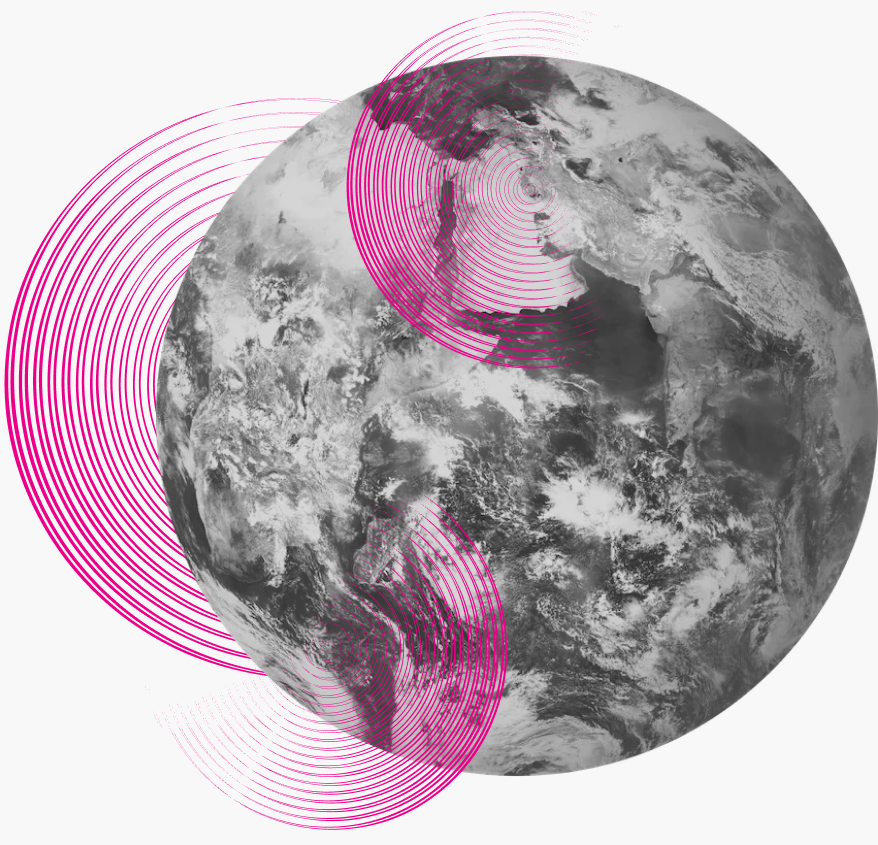Moving Beyond Gut Feels
Travel is highly seasonal, affected by countless externalities, and the marketing stakes are high, every investment has to count. Yet the signals most brands rely on, like web conversions or digital sales, are often absent in destination marketing.
Tourism New Zealand has been on what Sarah Britton describes as “a real journey.” Old frameworks couldn’t bridge the gap between campaign spend and actual arrivals, leaving much to educated guesswork. “We don’t necessarily get great visibility of who’s buying what,” she says, “so we’ve evolved our measurement framework over the last few years to try and get as close to being able to attribute towards arrivals as we possibly can, but there will always be a gap there.”
This is where MMM comes in. Its strength is holistic modelling: combining disparate data inputs, isolating incremental impact, and showing how media channels correlate to tourism arrivals. “Moving towards a space where we have implemented an MMM that can model the attribution of our activity, or the incremental impact our activities are actually having for bookings to New Zealand, has been a huge step forward,” Sarah says.
When attribution is fraught and direct signals broken, modelling isn’t a nice-to-have: it’s mission-critical. As marketers, it’s not enough to know we spent money and saw an uplift. You have to prove the link: and not just to yourselves. “It’s a huge step forward for us… it makes those conversations a lot easier… being able to say what works and what doesn’t, which markets are working harder than others, and where our money can be best spent.”
Accountability That Travels Well
What does this actually deliver for the business? Smarter decisions, for one. In travel, every dollar needs to work across both brand and performance, and campaigns need to be optimised at market, channel, and temporal levels. For Tourism New Zealand, this shift means having meaningful conversations about what’s working, and what’s not.
But it’s not just about brighter dashboards. The team’s arrival targets this year are ambitious, and they need a framework that is both robust and agile. “Everyone has access to this tool [MMM] that they can dive in and really cut and slice the data in a way that’s showing them what activity works well and how we can have the biggest impact for growing arrivals to New Zealand,” Sarah surmises.
The value here? A model trusted to guide not just campaigns, but business decisions. That means marketing science is now a lingua franca between marketing and finance, breaking silos and reframing the value conversation.
Leaning Into Data – and Debate
Data is often seen as the panacea, but trust can be hard-won. “There are some people across the business that have actually been a bit worried that they can’t just trust the model,” Sarah says, calling attention to the tension between experience and science. In travel especially, years of market instinct run deep. But as Sarah frames it: “When you’re looking at a model that has so many different data inputs and there’s so much more science behind it, versus someone that might have years of experience of doing marketing, it’s kind of that balance between science and art. But this data is so much more sophisticated than we’ve ever had before.”
Embedding MMM isn’t just a technical project, it’s a cultural shift. Teams have to “lean in and really trust the model and trust the data, and be able to experiment and learn with it as we go,” Sarah adds.
That’s what modern accountability looks like: test, measure, iterate, learn.
Building model trust

Looking Ahead
Tourism marketing will only get harder to measure in a world where customers use AI, chatbots, and digital overviews instead of visiting websites and clicking through ads. “Less people [are] ending up on our website because they can get the answers without clicking on the ad”, Sarah says, “which is going to give us less visibility from a measurement point of view.”
The gap between top-of-funnel media spend and real-world outcomes is not shrinking, but MMM closes much of it. “MMM really looks holistically at our media impact and then the actual bookings that are happening. I think that’s a really powerful tool to have now when everything’s evolving so quickly,” Sarah says.
In destination marketing, it’s time to stop selling dreams with vague ROI and start building a new world of destination accountability. In this new era of measurement, the only models worth having are the ones that travel well, from London to Paris to New York, to Queenstown.
Watch the MMMorning! Episode here.
[Will Marks is Head of Marketing Science at Mutinex]
Prove Your Destination Marketing Works



